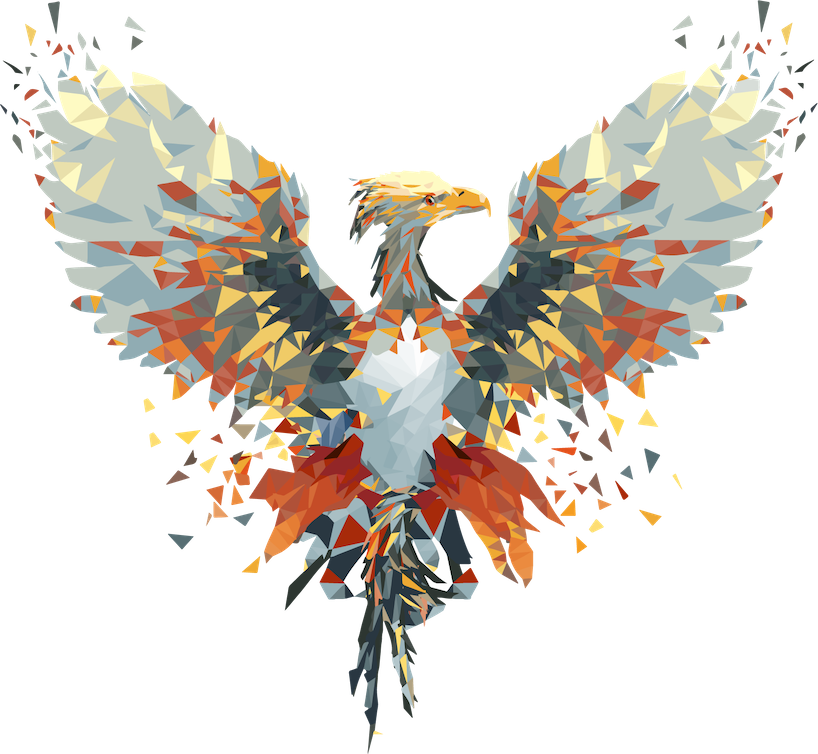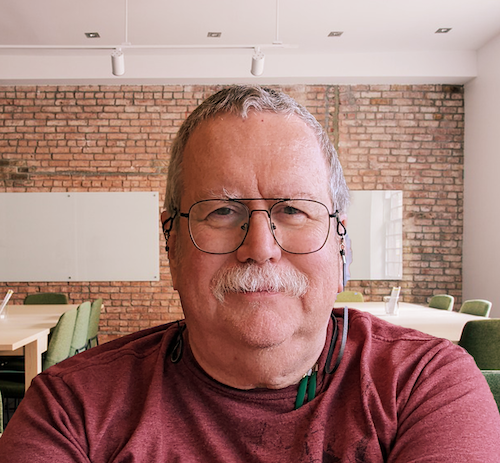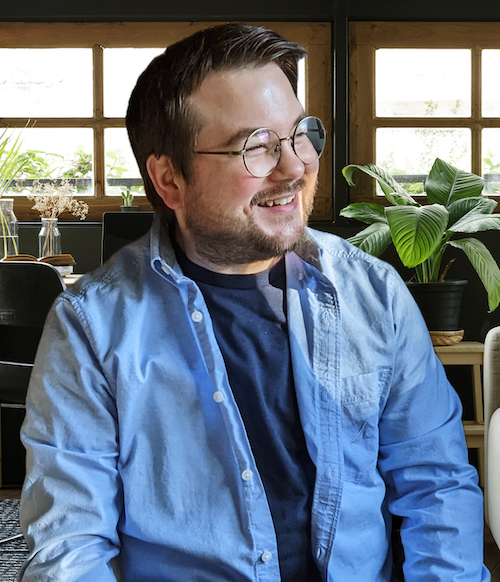Strength and Courage
The simple truth is that recovery isn’t an impossible task. It’s a path on which any guy can achieve results he once thought would be impossible, or would never have dreamed of at all. No matter how discouraged or ravaged you feel, no matter what was done to you, a way forward is there for you.
Others will appear who will assist, encourage, and support you: a therapist, for example, a spiritual advisor, a mentor, a solid friend, an understanding partner, a circle of brother survivors. But they are not the ones who will provide you with the strength and courage you need. You already have that strength and courage. Recovery is all about learning to acknowledge these resources, trust them, and believe in them, and then using your own unique gifts to move forward in ways and at a pace that work for you.
The heap of ashes is not where we’re doomed to remain. Strength and courage – let the color and power of the phoenix logo remind you that we’ve all got what it takes.




